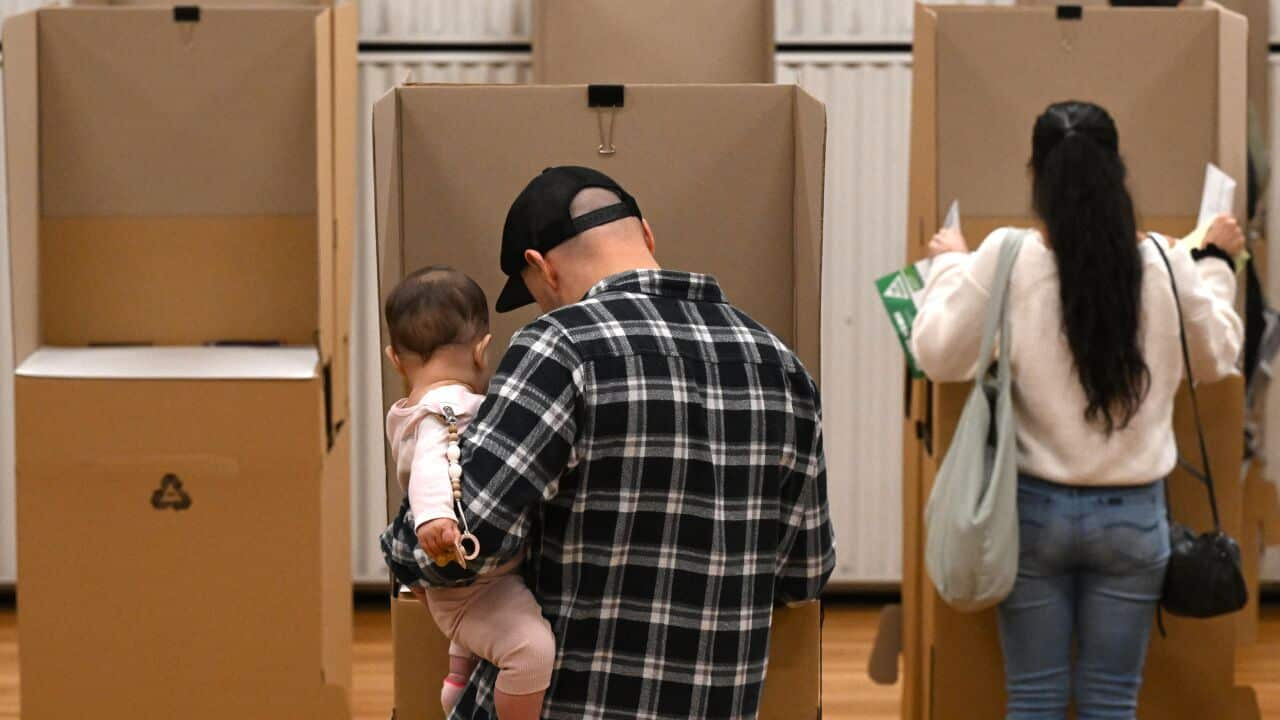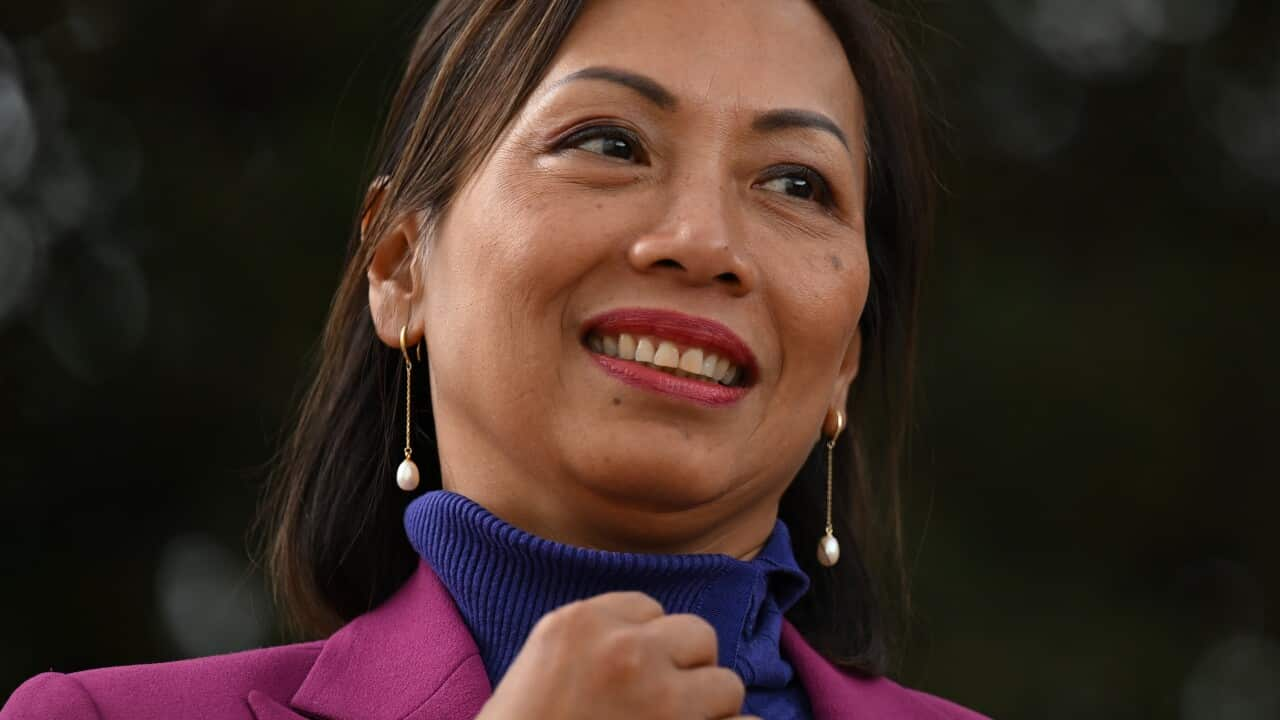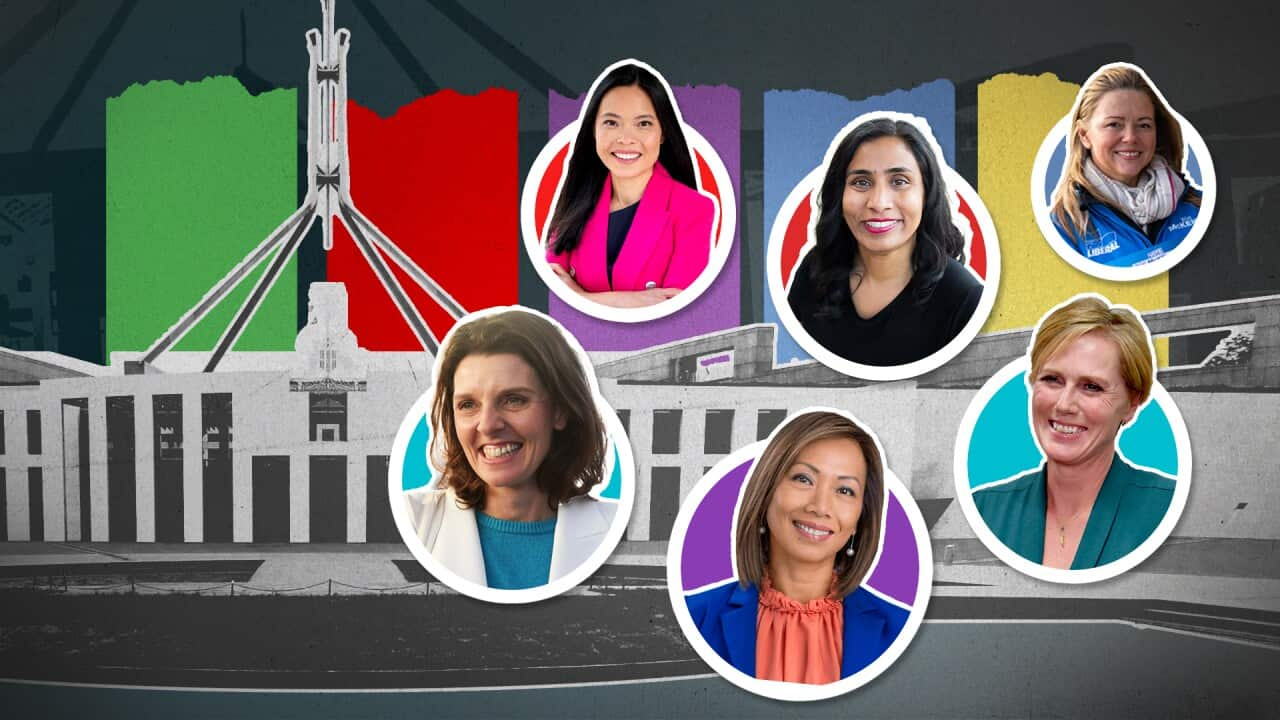More than 600,000 votes cast at the did not count towards the final result, and more than one in ten in two NSW divisions.
The western Sydney seats of Blaxland and Fowler both had more than 10 per cent of all votes in the House of Representatives deemed as informal — a term used to describe instances .
The two divisions were top of the list of informal voting in 2019, where more than one in eight ballots in each division did not make the final tally.
The 2022 result is also about double the national average of around 5 per cent of votes being cast informally, out of some 13 million counted around the country so far.
But there was a reduction in the proportion of informal votes in these seats compared to the previous election.
What causes high rates of informal voting?
The anonymity of the vote makes it difficult to determine the reason for some electorates having a higher rate of informal voting.
Sarah Maddison, professor of politics at the University of Melbourne said one factor is a lack of familiarity and education in the voting system.
She added that this challenge can be intensified for people who speak English as a second language.
“There are huge numbers of Australians that don’t know how to vote correctly," she told SBS News.
“There is a lot of that very poor civic literacy obviously magnified in communities that are not given information in their own language.”
She also said incorrect ballots are often passed by voters as a form of "protest" from those dissatisfied with their options for political representation.
"There are a significant number of Australians who are disengaged or thoroughly pissed off with contemporary politics,” she said.
"They might cast an informal ballot by drawing on their ballot paper instead or otherwise registering their disaffection with the process."
Language barriers in multicultural electorates
Former councillor for Bankstown and Fairfield, Nhan Tran, said some voters in the multicultural electorates of Blaxland and Fowler have less developed spoken and written English skills and cannot understand the specific way they're required to vote for the House of Representatives and the Senate.
"If they cannot understand English, they cannot understand how to vote properly," Mr Tran said.
Blaxland and Fowler are among the nation’s most multicultural electorates.
In Blaxland, 43.9 per cent of people were born in Australia, compared to 66.7 per cent nationally according to 2016 census data.
The most common countries of birth were Vietnam (8 per cent), China (6.3 per cent), Lebanon (6 per cent), Pakistan (2.3 per cent) and India (1.9 per cent).
More than 72 per cent of people in Blaxland had both parents born overseas, compared to 34.4 per cent nationally.
In Fowler, 40 per cent of people were born in Australia, the 2016 census data showed.
The most common countries of birth were Vietnam 15.2 (per cent), Iraq (6.8 per cent), Cambodia (3.4 per cent), China (2.2 per cent) and India (1.6 per cent).
More than three quarters, or 76.1 per cent, of people in Fowler had both parents born overseas.
Better community outreach needed
However, it's not simply language barriers that can contribute to higher rates of informal voting among multicultural communities.
It can result from a lack of community outreach by government institutions and local candidates, resulting in a failure to properly outline the voting system to diverse communities, according to Western Sydney Migrant Resource Centre policy officer, Dr Archana Preeti Voola.
"There's a whole sort of institutional knowledge that's lacking," she said.

Voters attend an early voting centre at Edensor Park in the federal electorate of Fowler in Sydney, on Thursday, 19 May, 2022. Source: AAP / Dan Himbrechts
"We try to make it as simple as possible, and we try to get as much guidance as possible out there as well," the commission's director of media and digital engagement Evan Ekin-Smyth said.
"I suppose at a certain point people have to invest as well and want to access that information."
But Dr Voola said there is a call for more direct community engagement from such government institutions. The digital divide present in many refugee and migrant communities presents an even stronger need for personal interactions, she said.
"If the resources are online, how are they going to jump the gap?"
"There's a real puzzle piece missing ... which is the last-mile delivery, coming to the ground and providing your resources," she said.
Professor of sociology at the University of Technology Sydney, Andrew Jakubowicz, said this could indicate "people are more anxious to have an opportunity or more willing to take the opportunity provided" to cast their vote.
On the system itself, he said there was an "added layer of difficulty for individuals from non-democratic countries or countries which don't use the preferential voting system".
He added: "If you come from a society in which the way you vote is to indicate a single vote for a preferred candidate, rather than having to think about all your votes on screen, then it's more likely that you will vote informally."
For former President of the NSW Chapter of the Vietnamese Community in Australia, Paul Nguyen, political engagement in the Vietnamese community has vastly improved in the past five or so years. Mr Nguyen believes language radio stations and newspapers are adequate in providing information to communities.
"People are aware of politics, and more active and engaged in politics," he said, "Younger people are getting more involved when they fully understand the implication each and every party has on their well-being".




